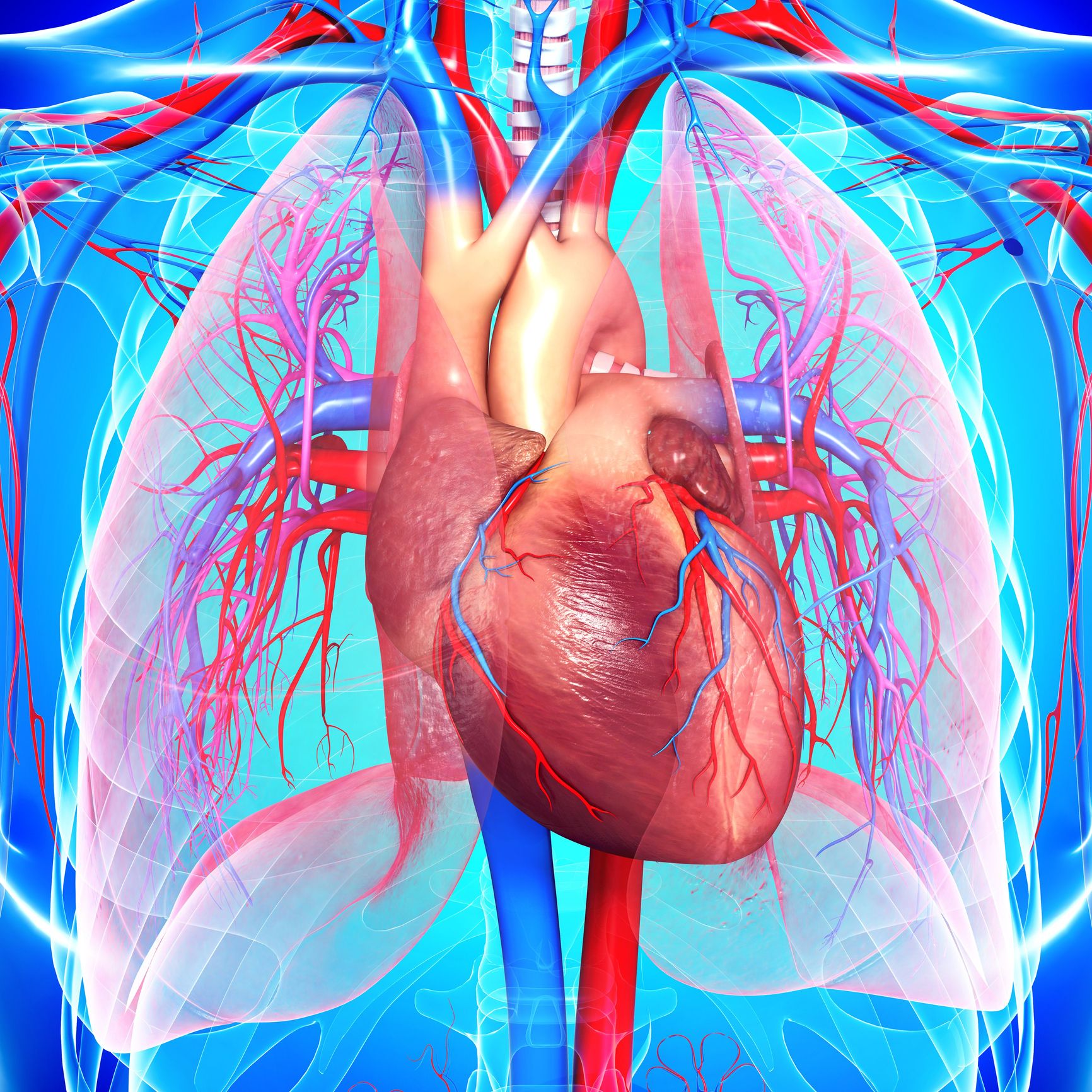Heart Health Matters: Navigating Heart Conditions

Navigating Heart Health Matters: Insights into Heart Conditions
The heart, a vital organ that powers the entire body, requires careful attention to maintain optimal health. Understanding heart conditions, their risk factors, and proactive measures is essential for individuals seeking to prioritize their cardiovascular well-being.
Anatomy of Heart Conditions
Heart conditions encompass a range of disorders affecting the heart’s structure, function, and blood vessels. From coronary artery disease and heart failure to arrhythmias and valvular issues, these conditions demand attention due to their impact on overall health. Knowing the basics of each condition is a crucial step in navigating heart health.
Risk Factors and Prevention
Identifying risk factors for heart conditions is pivotal for prevention. Factors such as high blood pressure, high cholesterol, smoking, diabetes, and a sedentary lifestyle contribute to heart disease. Adopting a heart-healthy lifestyle, including regular exercise, a balanced diet, and stress management, can significantly reduce the risk of developing heart conditions.
Symptoms and Early Detection
Recognizing the symptoms of heart conditions is vital for early detection and intervention. Chest pain, shortness of breath, fatigue, and irregular heartbeats are common signs. Seeking medical attention promptly when these symptoms arise can lead to early diagnosis and effective management, preventing complications and improving outcomes.
Diagnostic Tools and Medical Assessments
Heart conditions often require thorough diagnostic assessments. Advanced tools such as electrocardiograms (ECGs), echocardiograms, and stress tests help healthcare professionals evaluate heart function. Regular check-ups and screenings contribute to early detection, allowing for timely interventions and personalized treatment plans.
Lifestyle Modifications for Heart Health
Making lifestyle modifications is a cornerstone of heart health. Adopting a heart-healthy diet rich in fruits, vegetables, and whole grains, along with reducing salt and saturated fat intake, promotes cardiovascular well-being. Regular physical activity and maintaining a healthy weight contribute to overall heart health.
Medication Management and Treatment Approaches
For individuals diagnosed with heart conditions, medication management plays a crucial role. Medications such as beta-blockers, ACE inhibitors, and statins help control blood pressure, improve heart function, and manage cholesterol levels. In some cases, surgical interventions or procedures like angioplasty may be recommended.
The Impact of Stress on Heart Health
Stress is a significant contributor to heart conditions. Chronic stress can lead to hypertension and other risk factors. Incorporating stress-reducing practices such as mindfulness, yoga, or meditation into daily life supports heart health by promoting relaxation and reducing the physiological impact of stress on the body.
Cardiac Rehabilitation and Post-Treatment Care
For individuals recovering from heart-related events or surgeries, cardiac rehabilitation plays a pivotal role. These programs focus on physical activity, education, and emotional support to aid recovery and enhance overall well-being. Post-treatment care and ongoing monitoring are essential components of managing heart conditions.
Support Systems and Lifestyle Choices
Building a robust support system is crucial for individuals managing heart conditions. Engaging with healthcare professionals, joining support groups, and fostering healthy relationships contribute to emotional well-being. Lifestyle choices, including avoiding tobacco and limiting alcohol intake, further support heart health and overall quality of life.
Accessing Resources for Heart







